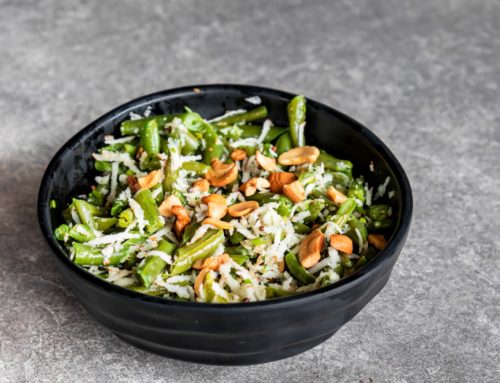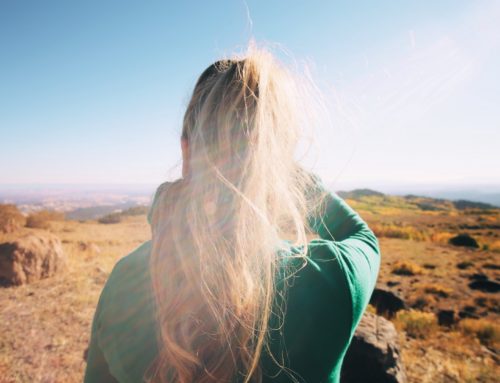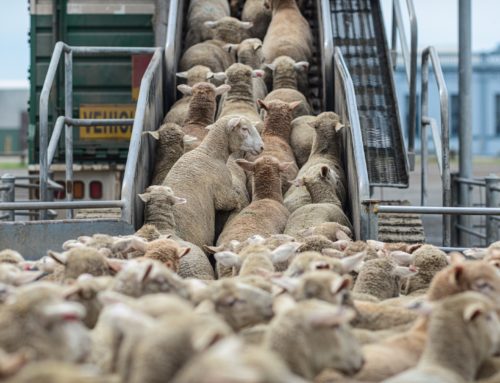Ashuman beings, we have emerged through our evolutionary history with a variety of survival adaptations that equip us with the instincts and tools needed to overcome even the most formidable of circumstances.We (as a collective identity) have endured all that mother nature has thrown at us since the beginning, from famines and droughts, to raging wildfires, hurricanes, floods, and blistering blizzards, alike.
We are not unique in our capacity to survive — other animals equally share our tenacity in clinging to this precious gift of life, after all — however, what sets us apart from the rest of the animal kingdom is our ability to analyze our strengths and weaknesses and respond to stimuli, and our environment, accordingly.
We have the upper hand of introspection, so to speak, and this is precisely why it’s so important to understand the underlying psychological and emotional motivators at play amidst our response to global pandemic — because when we know better, we can learn to do better.
On The Media
Over the course of the past 6–8 months the media has painted a picture of humanity that would likely send even the utmost of optimists into a full-fledged retirement from upholding any semblance of faith in humanity.
In other words, between the videos we’ve seen of pasta and flour shortages in the grocery store, and hoards of people intent on stockpiling enough TP for the rest of the year, we have subsequently been labelled as irrational, ignorant, self-serving pieces of sh*t by the media.
This isn’t intended as hyperbole, rather, I find it fascinating that in the midst of a worldwide health crisis — something that has far more to do with a failure of authorities to adequately prevent zoonotic diseases from occurring and spreading in the first place, than an individual responsibility to not spread disease — we have decided to accept the portrayal by the media and our respective governments, that we are, in fact, to blame for our country’s own disease-ridden demise.
In fact, I fully reject the notion that we have acted in any way selfishly during the onset of the Covid-19 pandemic, and I do so explicitly with the understanding that in order for us to not act selfishly now, we must be on the same page about these things… here’s why:
On Human Nature
When we consider the evolutionary mechanisms that factor into our reaction to the coronavirus, it’s vital we understand human nature as thoroughly as possible.
First and foremost, our response to any situation that is accompanied by a certain degree of uncertainty and fear is going to be precaution. Let’s be real — it’s not an unnatural reaction to stock up on food and hygiene items. Stockpiling resources and ensuring we have enough for our families to eat for the foreseeable future is hard-wired into our survival brains.
We are not ignorant or stupid to want to protect ourselves, it’s just what we do as rational animals. It doesn’t make it right, nor especially considerate to our neighbors and fellow grocery-store shoppers, necessarily, but it doesn’t make us irresponsible as a people, either.
Are there better ways of acting on these survival instincts? Sure.
Should we work towards creating a system where it’s ensured that everyone will have access to the resources they need, whether during a global pandemic, or not? Absolutely.
But should we unduly blame ourselves and one another for the way we oh-so-naturally responded to being told we would have to lock ourselves inside for an unspecified length of time? No we should not.
Secondly, we humans have always been, and will continue to be, social creatures. In a state of panic, the need for social interaction and communal reassurance can often outweigh many of our other basic needs such as food and shelter.
In the face of a threat, it’s our first line of evolutionary defense to seek physical proximity and affiliation with others in our community. Unlike what the media would prefer for us to believe, when humans are faced with immediate life-threatening situations, we do not sit around calculating and conspiring how to outlive the people we might soon be competing for survival with, rather we experience a motivation to cooperate with those around us, even shifting social norms and other obstacles to altruistic behaviour to do so.
Despite what you might think, understanding the threat being posed to our health by a virus, is not at odds with the desire to also be surrounded by people we care about, in our community. It’s obviously not a particularly helpful reaction we have, in the case of a pandemic, but it’s far from unnatural, to say the least.
Physical contact and closeness with others remains not only a means of reducing anxiety and increasing perceived security, but it acts as the baseline of all our physiological regulation, too. In this sense, seeking contact with others is not something we engage in as a bonus feature, but as a foundation requirement of our ability to function normally — and one whose absence poses a wealth of negative psychological reactions (isolation related depression, stress-induced panic disorders, so on and so forth).
This isn’t to say that a ignorance and poor-judgement haven’t played a large role in the way we’ve handled the situation — in many ways we have, indeed, allowed our fear of the unknown to devolve into a mass hysteria, where racism, political polarization, and a general mistrusting of science have spiraled out of control. These are not positives on an individual level, nor when we are required to come together within a society the most, such as a global pandemic.
Rather, it is the explicit purpose of this article to illustrate that by viewing our collective actions and reactions to the threat of the virus, through a lens of psychological understanding and social optimism, we can harness the positives of social collaboration in paving our way forward.
On Doing Better
“The true measure of a man is not how he behaves in moments of comfort and convenience but how he stands at times of controversy and challenges.” ― Martin Luther King Jr
You see, we are existing in a time where technology enables us to access resources not yet accounted for in our evolutionary makeup. We can send food to one another with the touch of a button, we can connect virtually with our loved ones from 4000 miles across the ocean, and we can engage in an act of retrospection, with the incredible help of hindsight, and commit ourselves to doing better for the next time around.
We ought to pay attention now, more than ever before, to the implications of our own instinctual selfish-ness, and get our act together before the threat is allowed any more room to multiply.
Wear a mask, wash your hands, call your friends, keep your distance and hold your governments accountable.
Listen to science, focus on practicing non-judgement towards those around you in the face of an increasingly hostile political climate, and be the change you wish to see.
We can only do our best, after all.
References:
Dezecache, G., Grèzes, J., and Dahl, C.D. (2017). The nature and distribution of affiliative behaviour during exposure to mild threat. R. Soc. Open Sci. 4, 170265.
Dezecache, G., Frith, C. D., & Deroy, O. (2020). Pandemics and the great evolutionary mismatch. Current Biology, 30(10), R417-R419.
Dunbar, R.I.M. (2010). The social role of touch in humans and primates: behavioural function and neurobiological mechanisms. Neurosci. Biobehav. Rev. 34, 260–268.
Mawson, A.R. (2005). Understanding mass panic and other collective responses to threat and disaster. Psych. Interpers. Biol. Process. 68, 95–113.





